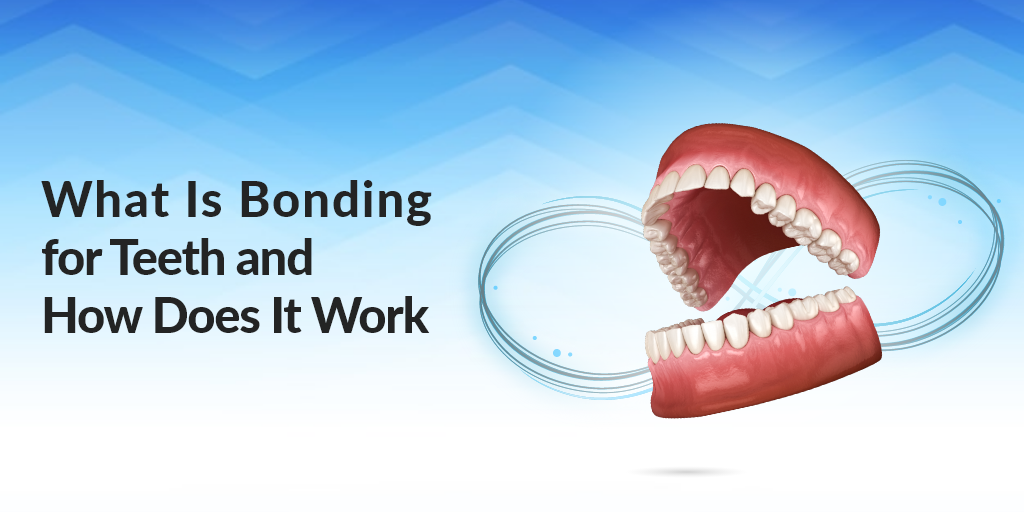When people ask, “what is bonding for teeth?” or “what does bonding teeth mean?”, they are referring to a common cosmetic dentistry procedure. Dental bonding is a treatment wherein a tooth-colored resin material is applied and hardened with a special light. This process bonds the material to the tooth to restore or improve an individual’s smile.
The Need for Dental Bonding
Several situations may call for dental bonding. These range from correcting a chipped or fractured tooth to filling in gaps between teeth. Dental bonding can also be an excellent solution for people who have discolored teeth. Unlike veneers or crowns, which are manufactured in a lab and demand a custom mold to achieve an ideal fit, bonding is done directly on your tooth in a single visit.
How Does the Bonding Procedure Work?
The procedure for dental bonding is straightforward and usually requires no anesthesia, unless it’s being used to fill a decayed tooth. Here’s a brief overview:
- Preparation: Little preparation is needed for bonding. Anesthesia might only be necessary if the method is used to fill any decayed tooth. The dentist will select a composite resin color that closely matches the shade of your tooth.
- Bonding Process: The tooth’s surface is gently textured, and a conditioning liquid is administered. This process ensures a secure adherence of the bonding material to the tooth. Following this step, the dentist applies the tooth-colored resin, skillfully molding and shaping it to achieve the desired appearance. The resin is then solidified using an ultraviolet light or laser. After it’s firmly set, the dentist meticulously trims, shapes, and polishes the bonding to seamlessly blend with the surrounding tooth surface.
Benefits and Longevity
Dental bonding offers several benefits. It’s among the least expensive of cosmetic dentistry procedures, yet it can significantly enhance the appearance of your smile. Also, because the procedure is done in a single visit, it offers an immediate solution to many dental imperfections.
However, while bonding material is sturdy, it might not last as long as other restorative procedures, like veneers or crowns. With proper care, dental bonding can last several years, but habits such as nail-biting, chewing on pens, or consuming hard foods can diminish its lifespan.
Maintenance and Care for Bonded Teeth
Once you’ve had your teeth bonded, ensuring the longevity and appearance of the bonding material becomes crucial. Fortunately, taking care of bonded teeth isn’t complicated. Regular oral hygiene practices like brushing, flossing, and routine dental check-ups are essential. It’s also wise to avoid habits that can put pressure on the bonded teeth, such as chewing on ice or hard candies. Using a mouthguard during sports or night guards if you grind your teeth can also be beneficial. Regular dental cleanings can help maintain the polish and appearance of the bonded material. Remember, while the bonding resin is durable, it isn’t invincible. Proper care can ensure that your bonded teeth stay attractive and functional for many years.
Enhance Your Smile with Teeth Bonding
Dental bonding is an effective and immediate solution for those looking to enhance their smile without extensive procedures. For those interested in this and other dentistry services, it’s essential to consult with a professional to determine the best treatment option for your specific needs.
